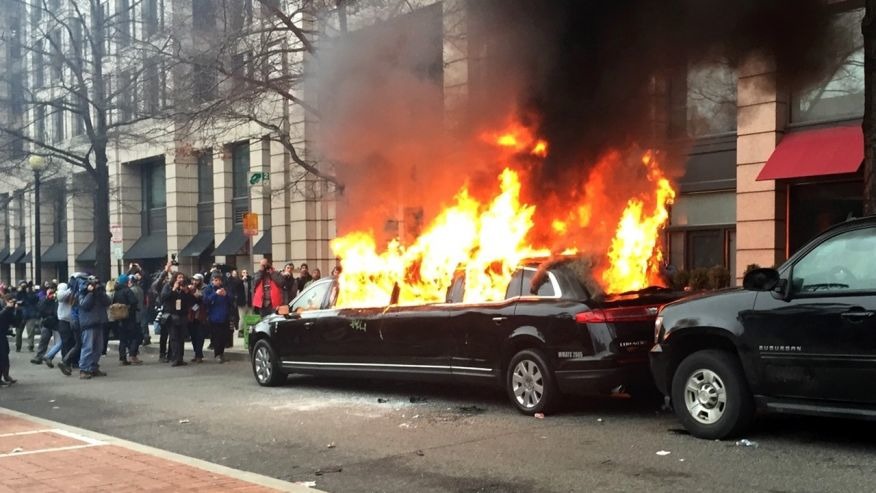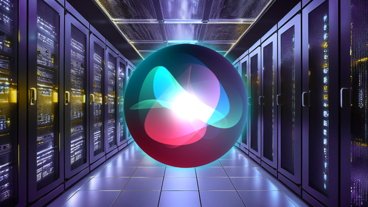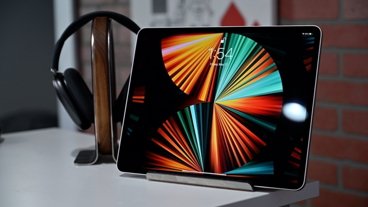The U.S. Attorney General coordinating the prosecution of 214 of the demonstrators arrested during the inauguration has declared that the cell phones, including iPhones, obtained during the arrests will be unlocked in the next few weeks.
On the day of the arrests, a court filing made on Wednesday claims that more than "more than 100 indicted defendants" had their cell phones seized. The filing notes that all of the cell phones obtained were locked, and require "more time-sensitive efforts" to try to obtain the data.
The government specifically says in the filing that all of the phones were locked, and also declares that it "expects to be in a position to produce all of the data from the searched Rioter Cell Phones in the next several weeks."
it is not clear how many of the "more than 100" phones in the government's hands were iPhones, but AppleInsider has learned that "some" are iPhones. However, assuming that the government is counting all the phones they obtained, and not just the ones they know that they have exploits for, around 60 are likely Apple devices.
Guidance issued to protestors before the event suggested that attendees turn off biometric identification like Touch ID, as that can be legally compelled in Washington D.C. However, at this time, forcing an arrestee to divulge a password in the district is still a violation of the Fifth Amendment to the Constitution — but nationally, that tide may be turning given some recent Apple hardware related appeals court rulings.
Apple can, and does, provide unencrypted iCloud data to law enforcement, and wireless carriers do as well — which may be what the court filing is referring to. Beyond subpoenas to Apple and wireless carriers, what exploits law enforcement is planning to use, or has used already to circumvent device locks is not clear.
The U.S. Federal Bureau of Investigations reportedly paid around $1 million to penetrate the San Bernardino shooters' iPhone 5c without secure enclave, in a one-time deal. Presumably, some of the phones seized from inauguration day protesters are the three-year-old iPhone 5s or newer with the feature.
All of the gathered data will be placed in a server with each defendant getting a folder with their name on it. It appears that all of the data will be available to all of the attorneys working on the case.
As such, the remainder of the filing directs attorneys working for the defense to not gather any other irrelevant data from other phones, and addresses that "irrelevant personal information" not be disseminated.
AppleInsider has made contact with the Washington D.C. Superior Court regarding this matter, and will update accordingly, should we get any significant details.
 Mike Wuerthele
Mike Wuerthele







-m.jpg)






 Malcolm Owen
Malcolm Owen
 Amber Neely
Amber Neely


 Christine McKee
Christine McKee

 Chip Loder
Chip Loder
 Marko Zivkovic
Marko Zivkovic









49 Comments
What's the legal justification for searching their phones at all? If I punch you in the face, can the police get a search warrant to search my house? What does rioting and destruction of property have to do with your personal information and communications? Searching the phone sounds like an unreasonable search and taking it in the first place seems like an unreasonable seizure. They caught these guys red handed and have all the evidence they need to get convictions. That should be enough.
Presumably the argument will be that they are trying to find evidence for someone "inciting a riot" but they should be able to solve that part of the case with old fashioned interrogation and deal-making with the hundreds of people they arrested.
Welcome to the fascist state